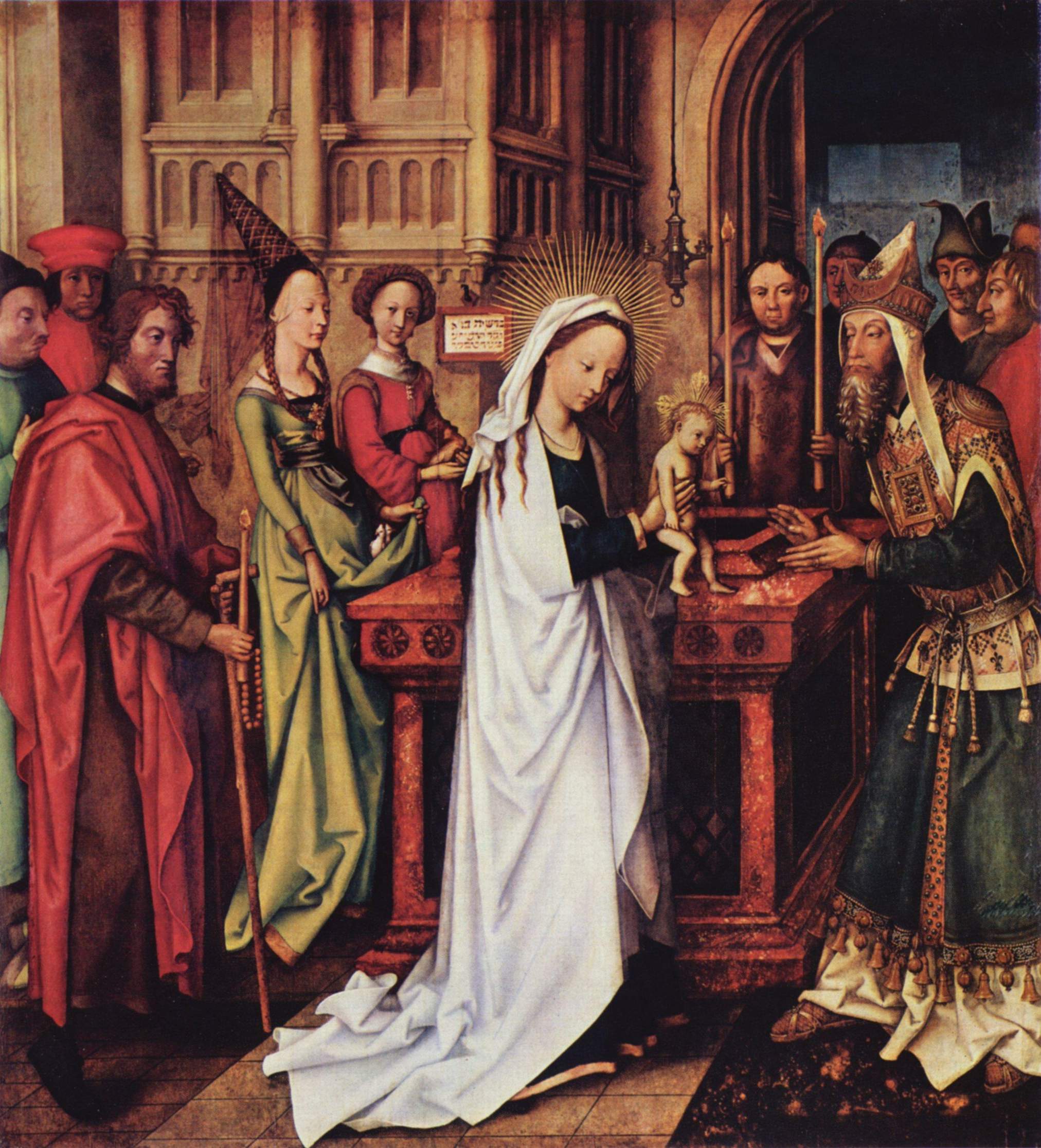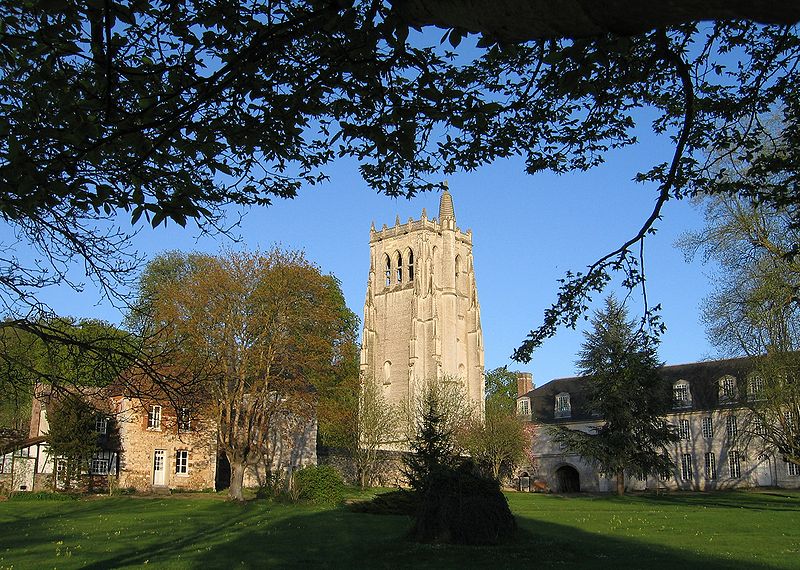Part IV: Primate of England
The news of Theobald's death turned the gears in Henry's mind toward new plots. His idea to nominate Thomas as successor to Canterbury was not a sudden stroke of genius, but the natural conclusion of a master plan to consolidate all power in the Angevin empire under royal rule. Thomas wasn't a bishop, true, but he had knowledge of every aspect of the job from his years in Theobald's service. Furthermore, he had gained the king's trust over seven years as his right hand; Henry went so far as to have his eldest son and heir, also named Henry, fostered at Thomas's house. It took a year for Henry to formally announce the nomination, during which time Canterbury's revenues were sent to the royal coffers. Thomas did not object this time because he knew the see of Canterbury, as well as the chancery, would both be in his hands regardless. He did, however, have his reservations about assuming the office at first. John of Salisbury: "He had by now learned to understand the king's character and the wickedness and rapacity of his officials." We know that Thomas hesitated because his delay caused one of Henry's early schemes to derail. Ever anxious about the fate of his empire after his death, Henry intended for Thomas to quickly assume the primacy and use its ancient privileges to crown his son within his lifetime, thereby guaranteeing a succession without the threat of rival sons rising up to stake their own claims. But, as the bishops would not accept any substitute for the right to crown and anoint a king of England, the entire affair was downgraded into a mere investiture ceremony, with Thomas presiding as the lords and bishops made their oaths. It was a far cry from what Henry had planned, but for now, he had to live with disappointment.
Today's Roman church is led by bishops appointed directly by the pope. In medieval England, the final say over the successor to Saint Augustine was in the monks of Christ Church. Henry sent a number of commissioners to campaign on Thomas's behalf, including Richard de Lucy, Abbot Walter of Battle, and Bishop Hilary of Chichester. The monks' case against: that Thomas was not a monk (all but two of the previous archbishops had been from religious orders) nor even a priest, had sullied his hands in warfare, and, of course, was feared to be a mere puppet of an avaricious king. The commissioners brought them around, however, and at a council in Westminster Abbey, the Christ Church monks unanimously gave their assent to Thomas. Only one man voiced his opposition during the entire proceedings: Gilbert Foliot, bishop of Hereford. At the time, Foliot must have appeared to have the perfect résumé for the primacy: a son of the Norman aristocracy, a prior of Cluny (which he held at only 25 years of age), an abbot of Gloucester, a supporter of the Angevin dynasty since the Anarchy, an orator, even a "strict vegetarian". Foliot probably sought the primacy for himself; he certainly resented seeing it fall into the hands of an extravagant, baseborn whelp ten years his junior. As his character in the film says, in the end, he bowed before the royal will. Thomas Becket would become the next archbishop of Canterbury.
Thomas and his followers set out for their new home, as Guy says, "following the same road that he had first taken as a young man of twenty-four on his way to join Theobald's household." Though he was greeted by crowds along the streets to great ceremony and fanfare, he dismounted and proceeded on foot once he entered the walls. Guy writes, "first impressions matter, and he was eager to create the right one." One June 2, Thomas was ordained a priest by an old patron, Walter of Rochester, but the privilege of consecrating him as archbishop was hotly contested by him, Roger of Pont l'Évêque, and other senior bishops. The honor eventually settled on King Stephen's brother, Henry of Winchester. The following day, Trinity Sunday, the rite of consecration took place.
The director of the 1964 film purposefully shot the consecration scene with, if not reverence, then respect in accurately portraying ancient Catholic rites. Every word pronounced by Donald Wolfit's Foliot is uttered with the utmost seriousness, despite his jealousy and loathing of the man he's consecrating. Of course, in history, the prayers were said by Henry of Winchester, as Foliot was given the bishopric of London as a "consolation prize" by Thomas after the election, but not in time to properly assume that see and claim any seniority. The rite may have actually gone more smoothly on the silver screen than in real life, if Foliot is to be believed. In those days, the rite of consecration was spiced with a dash of bibliomancy; after the consecrator prayed over the new bishop with a book of the Gospels laid open upon his head and neck, it would be flipped to a random page and the consecrator would utter aloud whatever he first set his eyes upon. According to Foliot in a later attack, Thomas was initiated into the hierarchy of the Church with an ill omen: "Never shall fruit be born of thee throughout eternity; and it was forthwith cast into the fire." Whether it was a lie born from Foliot's envy, a warning from heaven, or just bad luck, the new archbishop would not let a bad prognostic keep him from turning the king's machinations asunder, for as Guy says of the day Thomas received his pallium from the pope two months hence, "he can only felt he stared God directly in the face." What events transpired that summer of 1162 that transformed Thomas Becket into the man we know today? Was it an outpouring of divine grace given to him by the conferral of holy orders? Or the sudden realization that, with no one directly above him save a distant pontiff, he had become a truly powerful man in his own right? Whatever was the true cause of his conversion, it was sudden and slighting. A few months following the consecration, Thomas resigned the chancellorship. Even though such an office was routinely held by bishops elsewhere in Christendom, Thomas saw a conflict of time and interest. This would have earned Henry's wrath regardless, but especially because Thomas did so without speaking to him about it first; indeed, while Henry wasn't even in England at the time. When he learned the news, the king exclaimed "by God's eyes!" From that day forward, the battle of royal and ecclesiastical wills was on.







